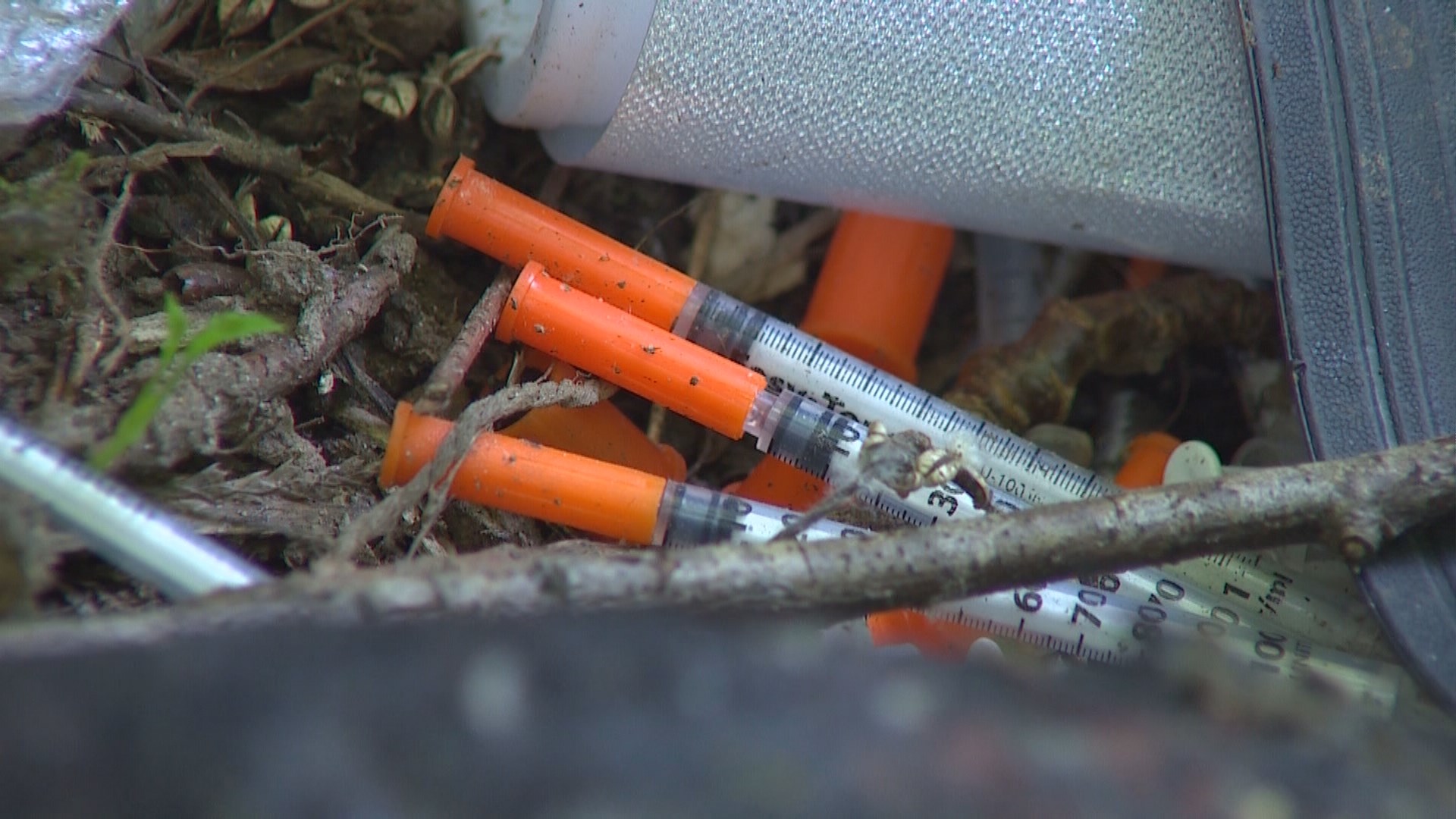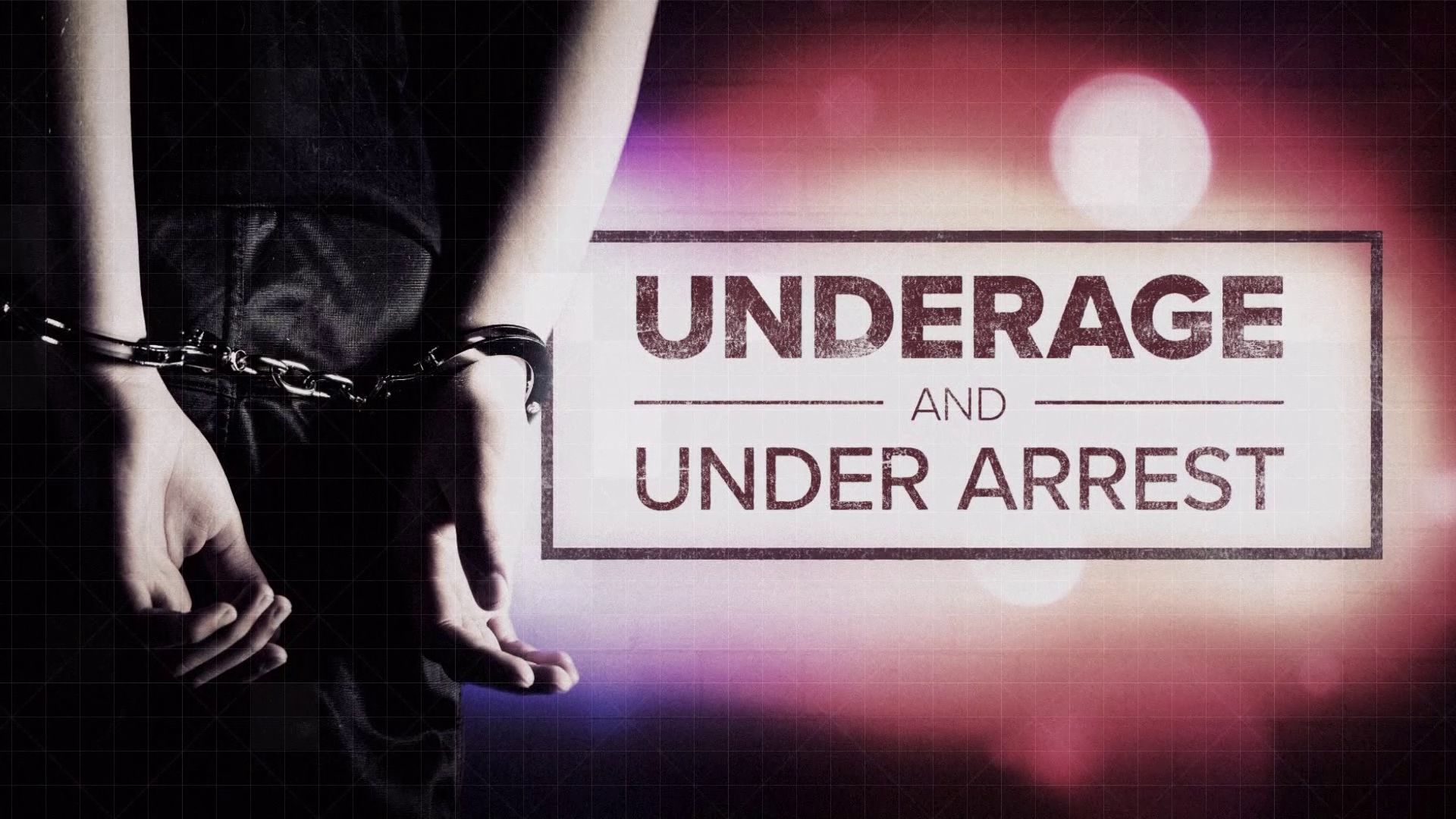The city of Everett continues to find creative ways to address drug addiction. They’ve now hit a year working with PAARI, the Police Assisted Addiction and Recovery Initiative, trying to place people in drug treatment centers in and out of state. What makes this program unique is that even if the person does not have private insurance, they can still obtain a scholarship that would fund their treatment at no cost to the taxpayer.
"With the increase that we’ve seen with the heroin and opioid use within the city, and just the impact that it’s causing the city, we understood that we can’t arrest our way out of the situation," Everett Police Sergeant Mike Braley said. "If they come to the station or they contact one of our officers or one of our social workers and say that they are ready for treatment, we’ll work with them to try to get them into a treatment program that fits their needs."
The big thing with this program is that it is self-referral. The person has to be ready and willing to accept treatment, and if they are committed, then the city works to get them in treatment in or out of state. If the person doesn't have private insurance, that is when they pursue the scholarship route.
"The treatment facilities that partner with PAARI, they are long term treatment facilities, so the people are in there for upwards of three months," Sergeant Braley said.
Right now the city primarily partners with Providence Medical Group in Everett, and Bellamonte Recovery Centers in Desert Hot Springs, California.
Kaitlyn Dowd is an embedded social worker with the Everett Police Department. She works actively to find the right person for the right program.
"These treatment facilities are bending over backward for us when they take scholarship individuals, and they work so hard to get people on the right path, so I want to make sure that the people I send are a perfect fit for them," Dowd said.
Right now they are mainly working with treatment centers out of state, but that is something they hope to change down the road.
"I hope that we can partner with some treatment facilities in Washington, I think that can be a barrier for a lot of people, it can be very scary, so if we can find some in Washington that want to partner with PARRI, I think that would be wonderful," Dowd said.
So far, 15 people have completed the treatment programs. They hope to grow that number and add to this program and others moving forward.
"We have to get creative definitely, and there are more and more things coming out that are becoming more and more dangerous for people, so we have to get creative in how we address it," Dowd added.


